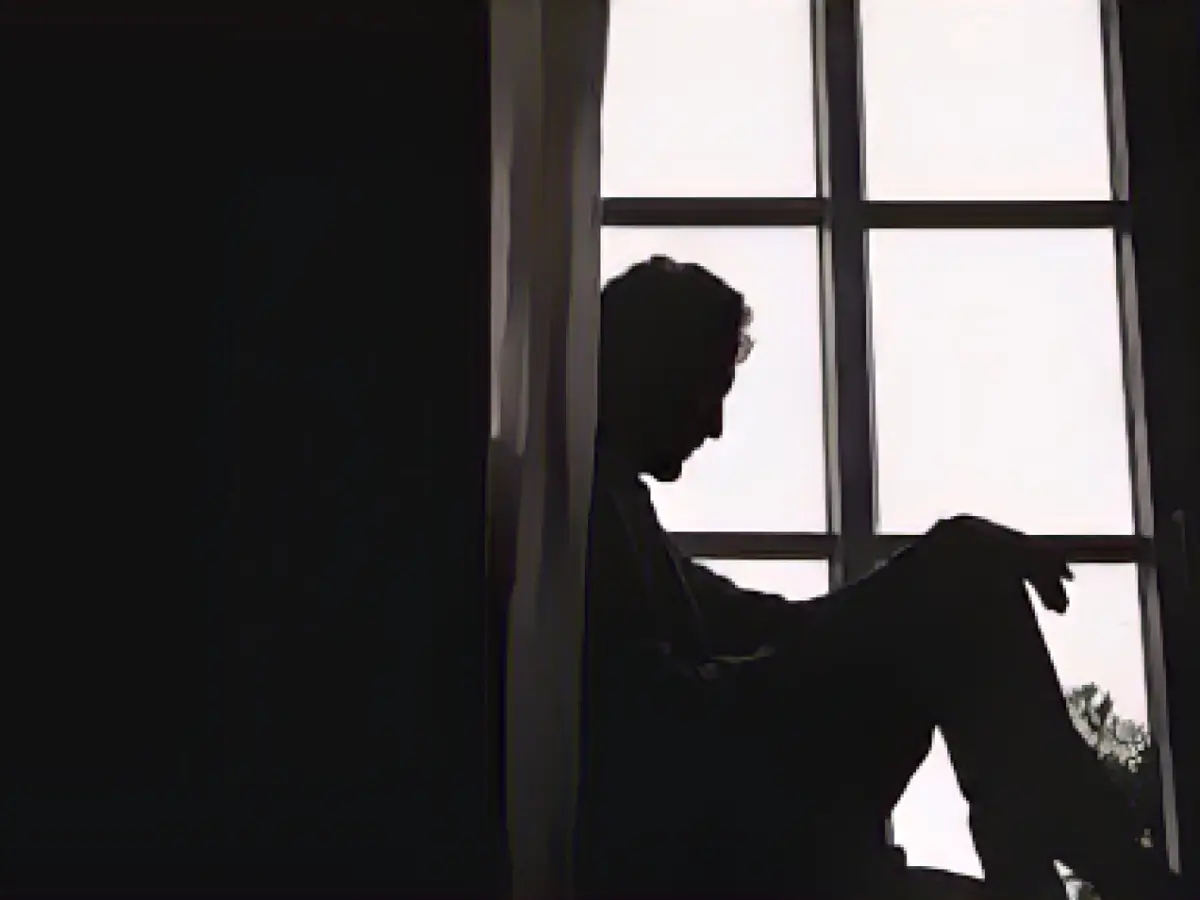Health - Expert on the psyche: Corona more noticeable than wars
Corona, Ukraine, Gaza - so far in the 2020s, crisis after crisis has followed crisis after crisis. From the perspective of a mental health expert, however, at least the armed conflicts are probably not having a collective impact on the psyche in this country.
Rather, the consequences of the pandemic and lockdowns continue to be felt: the need for psychotherapeutic help has increased, but this is primarily due to the corona measures: "Social distancing has left its mark on children in particular," said Gerd Höhner, psychologist, psychotherapist and President of the NRW Chamber of Psychotherapists. However, there is no known direct link between the Gaza crisis and an increase in demand - "I would also doubt it", said the psychologist.
In contrast to corona, wars in Gaza or Ukraine are "understandable" to a certain extent, explained Höhner. "We see things that are terrible, but which are not alien to us," he said.
With Corona, however, the "enemy" was completely alien to people: "He was unknown to us. Above all , it was invisible." In addition, there was another difference between the pandemic and wars: coronavirus was everywhere, nobody was able to distance themselves.
The wars, on the other hand, were not far away, but still distant. That is why the psychological burden of wars is generally lower - apart from those people who are directly affected by them in their environment.
"We all have a tendency to relativize the problems and, to a certain extent, to distance ourselves from things," said Höhner. It sometimes scares you that you have no real sympathy for some events. "But that's a healthy reaction. You can't react to all things that are difficult with the utmost consternation," he said.
In addition to the "invulnerability of the enemy", the withdrawal of social interaction during the coronavirus pandemic had particularly affected children. "Humans are creatures that cannot live without social interaction," said Höhner. "There are a lot of children who have been left with a chip on their shoulder and this chip doesn't just go away because they can now go to a children's birthday party or the movies again."
There is still an increased rate of anxiety disorders or depressive moods requiring treatment among children. The rate of people who are exhausted, helpless and sad has also risen among adults.
However, the supply of psychotherapeutic treatment has lagged far behind demand since the profession of psychotherapist was introduced at the end of the 1990s. In North Rhine-Westphalia, the supply started with a minus of 40 percent "over the thumb". This shortfall has been dragging on for more than 20 years - "and then the coronavirus hit", said Höhner.
Read also:
- A clan member is punished here
- Traffic lawyer warns: Don't talk to the police!
- Will he be convicted as Jutta's murderer after 37 years?
- He also wanted to kill his cousin
- Despite the ongoing crisis in Ukraine and Gaza, mental health expert Gerd Höhner believes that the collective impact on the psyche in Germany is likely more significant due to the Coronavirus and its associated measures.
- The increased demand for psychotherapeutic help in North Rhine-Westphalia (NRW) during the Coronavirus pandemic is primarily attributed to the social distancing measures, according to Höhner, and not directly linked to the crisis in Gaza.
- Höhner explains that wars in Gaza or Ukraine are more "understandable" than the Coronavirus pandemic because the latter brought an "alien" and invisible enemy to people's doorsteps.
- In Düsseldorf, the supply of psychotherapeutic treatment has lagged far behind demand since the profession was introduced in the late 1990s, and the shortage has been persisting for over 20 years, with coronavirus only exacerbating the situation.
- Even after the lifting of restrictions, children in North Rhine-Westphalia are still experiencing the negative effects of the Coronavirus pandemic on their psyche, according to Höhner, due to a lack of social interaction during the lockdown period.
Source: www.stern.de








